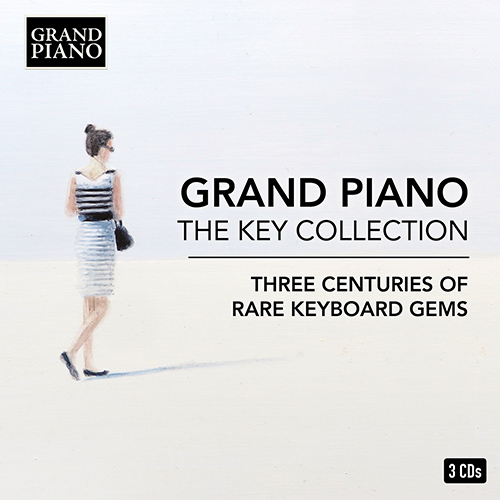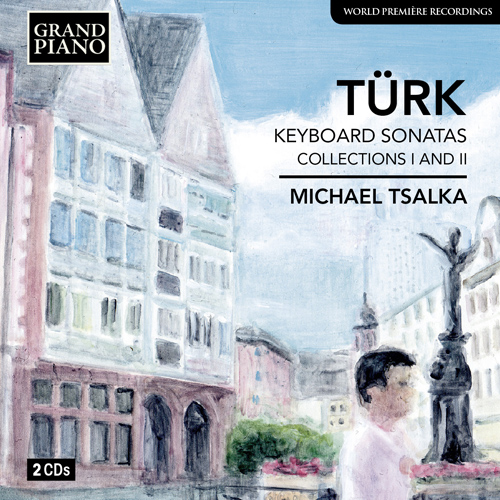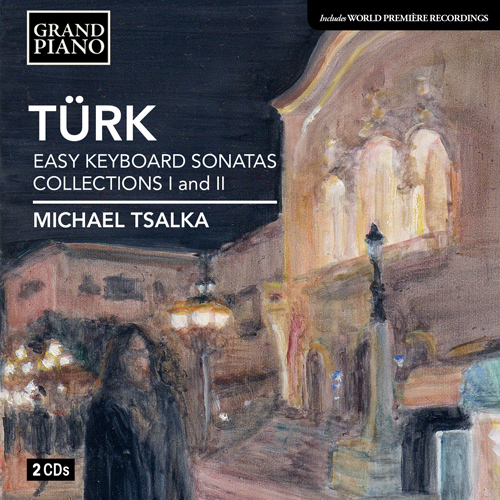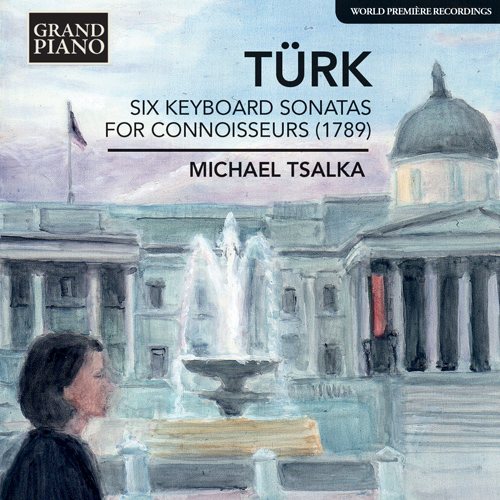
Daniel Gottlob Türk (1750 - 1813)
Today, Türk remains best known for his extensive and extremely detailed musical treatise, Klavierschule (1789), one of the most important sources for keyboard performance practice of the late 18th century. He is also well-known among piano teachers as the composer of a collection of useful keyboard miniatures, the Kleine Handstücke für angehende Klavierspieler, which systematically prepare beginning students for the many challenges of more advanced repertoire.
Türk’s musical training, which he received as a teenager in Dresden from Gottfried August Homilius, a former student of Johann Sebastian Bach, thoroughly prepared him for the varied musical rôles, which he had to adopt throughout his professional life. When he became a student at the University of Leipzig in the early 1770s, the keyboard virtuoso, Johann Wilhelm Hässler, introduced him to Emmanuel Bach’s Versuch über die wahre Art das Klavier zu spielen (1753) and also to his keyboard sonatas. Shortly afterwards, Türk, under the supervision of his mentor and friend Johann Adam Hiller, began to compose his first two collections of sonatas.






 Grand Piano has gained a reputation for producing high quality recordings of rare keyboard gems. Dedicated to the exploration of undiscovered piano repertoire, the label specialises in complete cycles of piano works by many lesser-known composers, whose output might otherwise have remained unknown and unrecorded.
Grand Piano has gained a reputation for producing high quality recordings of rare keyboard gems. Dedicated to the exploration of undiscovered piano repertoire, the label specialises in complete cycles of piano works by many lesser-known composers, whose output might otherwise have remained unknown and unrecorded.






